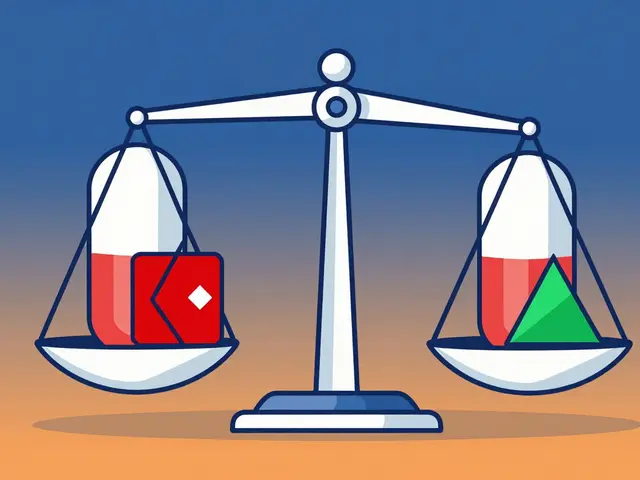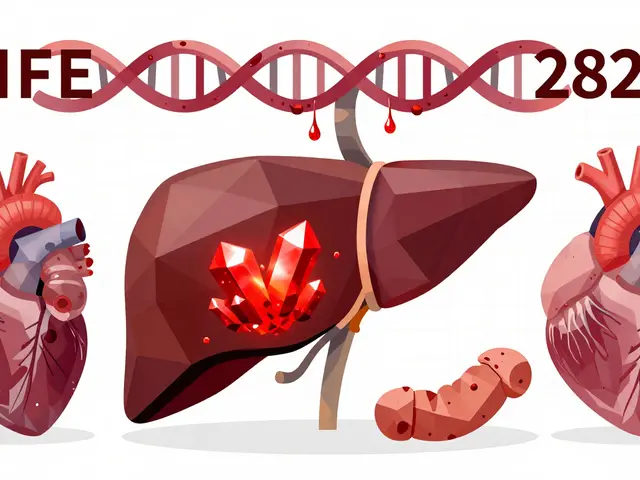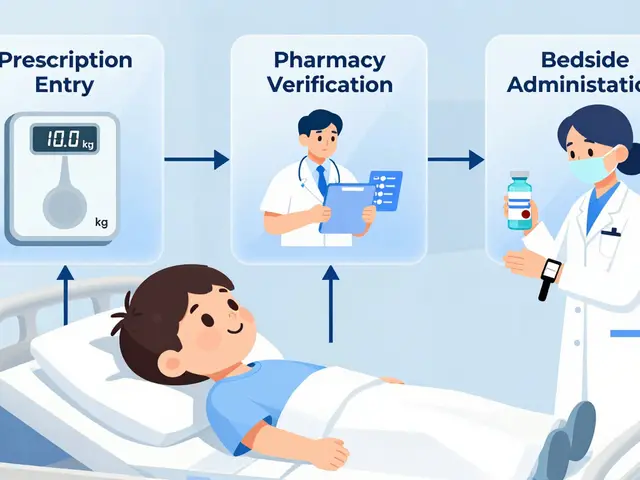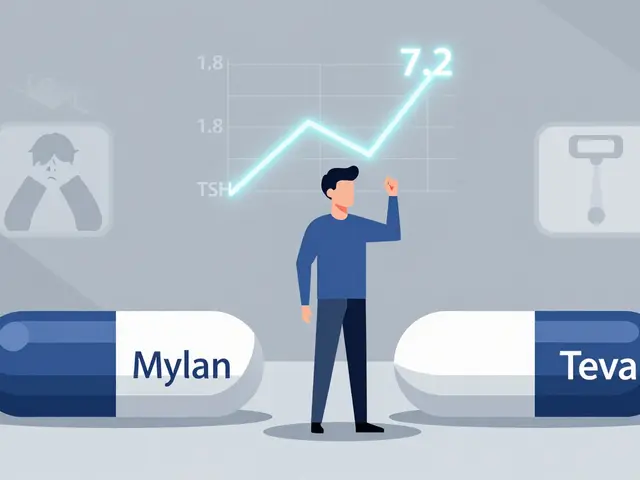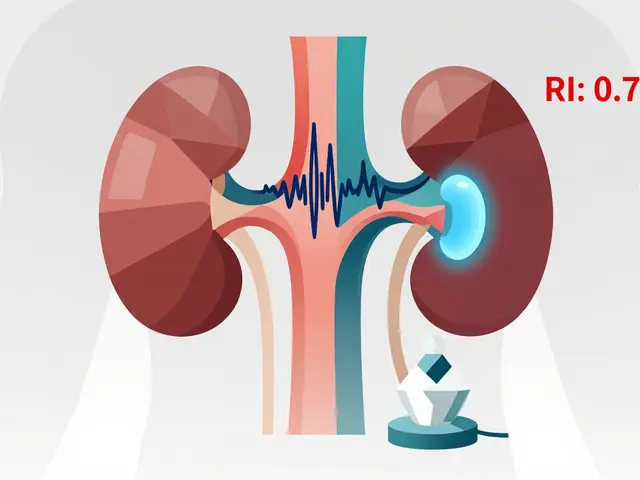Beta blockers: what they do, common drugs, and clear safety tips
Beta blockers are one of the most common heart medicines out there. They lower heart rate and blood pressure, calm certain kinds of tremors, and even help with migraine and anxiety in some people. You’ve probably seen names like metoprolol, propranolol, atenolol, and bisoprolol on a prescription bottle — those are all beta blockers.
How they work is simple: they block beta receptors in the heart and other tissues. That slows the heart down and makes each beat less forceful, so the heart uses less oxygen. For people with high blood pressure, arrhythmias, recovering from a heart attack, or stable heart failure, that can make a big difference.
Common uses and typical drugs
Doctors prescribe beta blockers for several reasons: lowering blood pressure, preventing angina (chest pain), treating some irregular heart rhythms, protecting the heart after a heart attack, and reducing migraine frequency. Propranolol is also used for performance anxiety and essential tremor. Timolol shows up as an eye drop for glaucoma. Each drug has its own strengths — metoprolol and bisoprolol are common for heart failure, while propranolol is handy for anxiety and tremor.
Who should be careful or avoid them
Not everyone should take beta blockers. If you have asthma or severe COPD, some beta blockers can tighten the airways and cause breathing trouble. People with very slow heart rates (bradycardia), certain types of heart block, or low blood pressure should avoid them. Beta blockers can also hide the usual warning signs of low blood sugar in people with diabetes, so that group needs close monitoring.
A few more things to watch for: fatigue, cold hands or feet, sleep changes, and sometimes sexual side effects. Don’t stop taking beta blockers suddenly — that can cause a rebound increase in heart rate and blood pressure. If you need to stop, your doctor will give you a taper plan.
Drug interactions matter. Combining beta blockers with some calcium channel blockers (like verapamil), certain antidepressants, or other heart meds can lower your heart rate too much. Always tell your prescriber about every prescription, over-the-counter drug, and supplement you take.
Practical tips: take the pill at the same time each day, check your pulse if advised, keep a record of blood pressure readings, and report dizziness or very slow pulse. If you find generic versions, ask your pharmacist — generics like metoprolol tartrate or metoprolol succinate are usually cheaper and effective. If you’re buying meds online, use licensed pharmacies and keep your prescription on file.
If you’re unsure whether a beta blocker is right for you, talk to your doctor. They can match the drug and dose to your condition and risks. Want more detail on specific beta blockers or how they compare? Check trusted sources or ask a pharmacist for a quick rundown you can understand.
Toprol is a commonly prescribed beta blocker that helps manage high blood pressure, heart failure, and other heart issues. This article covers how Toprol works, its real benefits and possible side effects, as well as practical advice for people who take or are considering this medication. You’ll also find information about what to expect, alternative treatments, and everyday tips for living better with heart medicine. If you want a down-to-earth guide that makes sense of the facts without scaring you, this is for you.
Continue reading...


